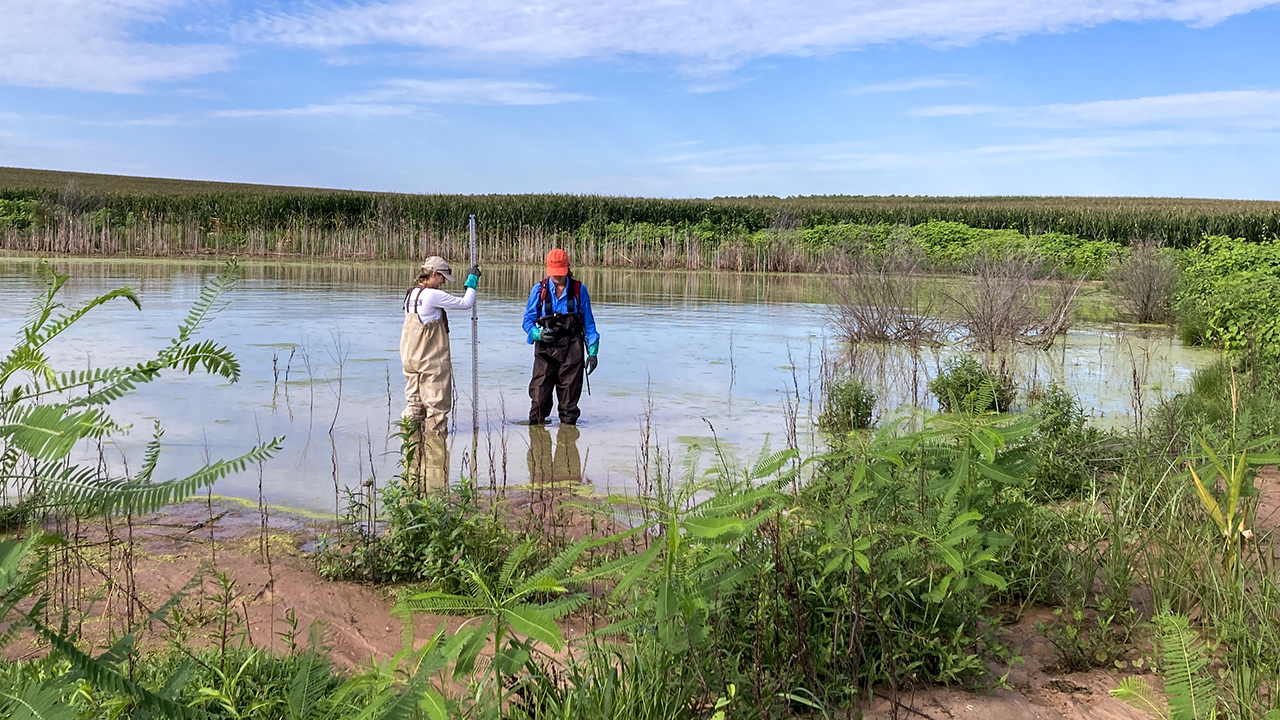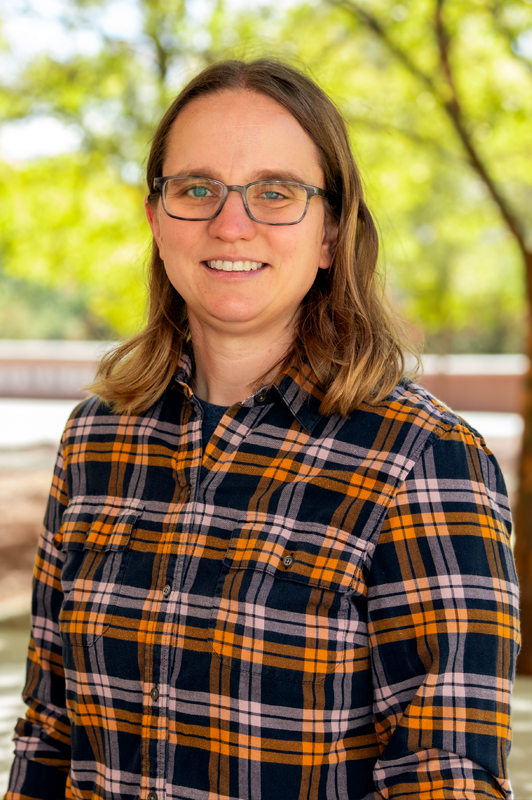Associate professor in civil and environmental engineering awarded federal grant to research geographically isolated wetlands
Published: Dec 3, 2024 9:30 AM
By Olivia Ballard
Frances O’Donnell, associate professor in civil and environmental engineering, is partnering with NASA to study geographically isolated wetlands (GIWs) and their environmental impact.
GIWs — wetlands not connected to major bodies of water and abundant in the southeast coastal plains — provide benefits such as flood prevention, wildlife habitat and water quality improvements. However, since GIWs are not protected by the Clean Water Act, it is difficult to monitor water levels over time sufficiently. This is where O’Donnell comes in.
O’Donnell will collaborate with NASA’s Surface Water Ocean Topography (SWOT) mission to gather satellite data for monitoring water management in GIWs and extend the information to different U.S. regions to compare the impact of climate on hydrology.
The research has four objectives. First, O’Donnell will ensure the accuracy of SWOT’s data concerning GIWs. Next, the data will be compared and extended to a larger scale. Then, methods will be developed to monitor water storage and management. Lastly, once a technique has been produced, it will be used on GIWs in different regions.
O’Donnell will determine how water resources managers can use SWOT satellite data practice to extend the life of the mission.
“The goal is to use this data in ways that will benefit society and scientific understanding so that NASA can keep the satellite running, and we can keep collecting data,” O’Donnell said.
But with success comes struggle. One challenge the team faces is monitoring throughout wet and dry cycles, each of which can last up to three years — the typical time before a grant expires. The cycles cause data gaps, leaving the team with insufficient results.
Long-term SWOT data can combat this. If the SWOT satellite continues operating, it will produce decades of data for O’Donnell and her team to produce results on how GIWs change throughout climate cycles.
O’Donnell said that Auburn's emphasis on solving local and regional problems makes it the right place for this project.
“Auburn has a strong engineering program and strong agriculture program, which is important because you need both of these to study GIWs,” she said.
Media Contact: , orb0015@auburn.edu,
Two people use instruments to monitor water levels geographically isolated wetlands. Frances O’Donnell, associate professor in civil and environmental engineering, is partnering with NASA to study such wetlands and their environmental impact.


